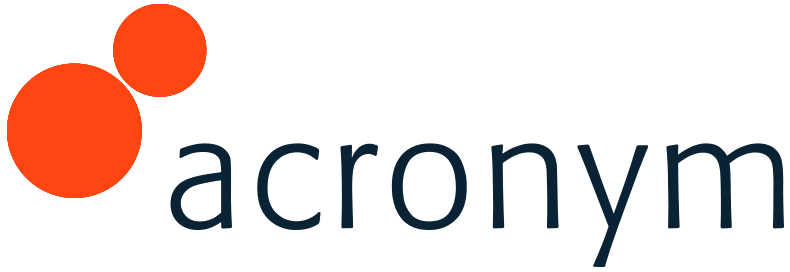Google is launching a new sitewide algorithm update this week called the “Helpful Content Update” to improve the visibility for sites that have content written for people and to devalue content written primarily for SEO and manipulating search engine rankings.
The new “Helpful Content Update” is automated using a machine-learning model that rewards websites providing high-quality, informative content that is useful to end users and satisfies user intent. This change will have a significant impact on SEO, as Google will now place a greater emphasis on quality, useful content. We believe this update will have a strong impact and will cause some fluctuations in the SERPs like we had with the launch of Penguin ten years ago.
Should You Worry About the Impact of the Helpful Content Update?
If you own or manage a site that publishes large amounts of content offering little value to end users that does not satisfy their information need, then yes, you should be worried your website traffic, rankings, and key performance indicators might be significantly impacted. The signal is weighted, meaning some sites will be hit harder than others.
Keep in mind this update is sitewide. Therefore, if Google determines a large portion of your website’s content is considered ‘search engine-first,’ Google can lower the rankings of all the content on your site, including high-quality pages.
Why Is Google Doing This?
Google Search is always working to better connect people to helpful information. Unfortunately, the web is filled with SPAM due to people offering low quality content and information to manipulate their search engine visibility.
Google is a machine with modern day AI based algorithms and E.A.T (which stands for: Expertise, Authoritativeness, and Trust) is a very important signal that should be included in your SEO strategy and help Google provide the best information to end users that satisfies their information need.
What Should You Do Next?
At Acronym, we are firm believers and practitioners in always creating content for end users first as opposed to search engines. To ensure your website is prepared for the Helpful Content update, here are a few tips:
- Monitor your website’s rankings and engagement metrics carefully, and make changes as needed. If you are hit by the ”Helpful Content Update”, Google advises to remove unhelpful content from your site i.e., 404, etc. It may be worth creating fresh new content that is useful and helpful to end users. If you have a section of your site i.e., a blog or community that has a lot of content, monitor it over the next few weeks to determine if you notice any trends or step declines in rankings, traffic and KPIs.
- Work with your SEO lead to make sure your content is high quality and informative and conduct a content audit to make sure your content is written well and satisfies the information need for end users and provides value.
According to Google. focus on providing value to your users with people first content. To ensure you’re creating content that will be successful with our new update follow our long-standing advice and guidelines to create content for people, not for search engines. Answering yes to the questions below means you’re probably on the right track with a people-first approach:
- Do you have an existing or intended audience for your business or site that would find the content useful if they came directly to you?
- Does your content clearly demonstrate first-hand expertise and a depth of knowledge (for example, expertise that comes from having used a product or service, or visiting a place)?
- Does your site have a primary purpose or focus?
- After reading your content, will someone leave feeling they’ve learned enough about a topic to help achieve their goal?
- Will someone reading your content leave feeling like they’ve had a satisfying experience?
- Are you keeping in mind our guidance for core updates and for product reviews?
- Write for your audience, not for Google. Don’t try to game the system by including keywords or phrases just for the sake of ranking higher. It simply just does not work anymore and could end up getting your site in trouble.
How do you avoid taking a search engine-first approach? If you answer yes to some or all of the questions, this is a warning sign that you should reevaluate how you’re creating content across your site:
- Is the content primarily to attract people from search engines, rather than made for humans?
- Are you producing lots of content on different topics in hopes that some of it might perform well in search results?
- Are you using extensive automation to produce content on many topics?
- Are you mainly summarizing what others have to say without adding much value?
- Are you writing about things simply because they seem trending and not because you’d write about them otherwise for your existing audience?
- Does your content leave readers feeling like they need to search again to get better information from other sources?
- Are you writing to a particular word count because you’ve heard or read that Google has a preferred word count? (No, we don’t).
- Did you decide to enter some niche topic area without any real expertise, but instead mainly because you thought you’d get search traffic?
- Does your content promise to answer a question that has no answer, such as suggesting there’s a release date for a product, movie, or TV show when one isn’t confirmed?
- Use other marketing channels to promote your content, such as social media, email marketing, and PPC advertising.
- Be different. Focus on providing fresh content, unique ideas, facts and information that others are not talking about in their content strategy.
How Long Could It Take If Impacted?
According To Google, sites that are impacted could find the effects to last several months.
“Our classifier for this update runs continuously, allowing it to monitor newly launched sites and existing ones. As it determines that the unhelpful content has not returned in the long-term, the classification will no longer apply.”
Even if you fix the section, since it is a sitewide update, it could take months for your site to recover. If you need assistance with this up date or any other performance marketing campaign, please contact us. Our experts are here to help.
POV by: Winston Burton, SVP, SEO, Acronym.







